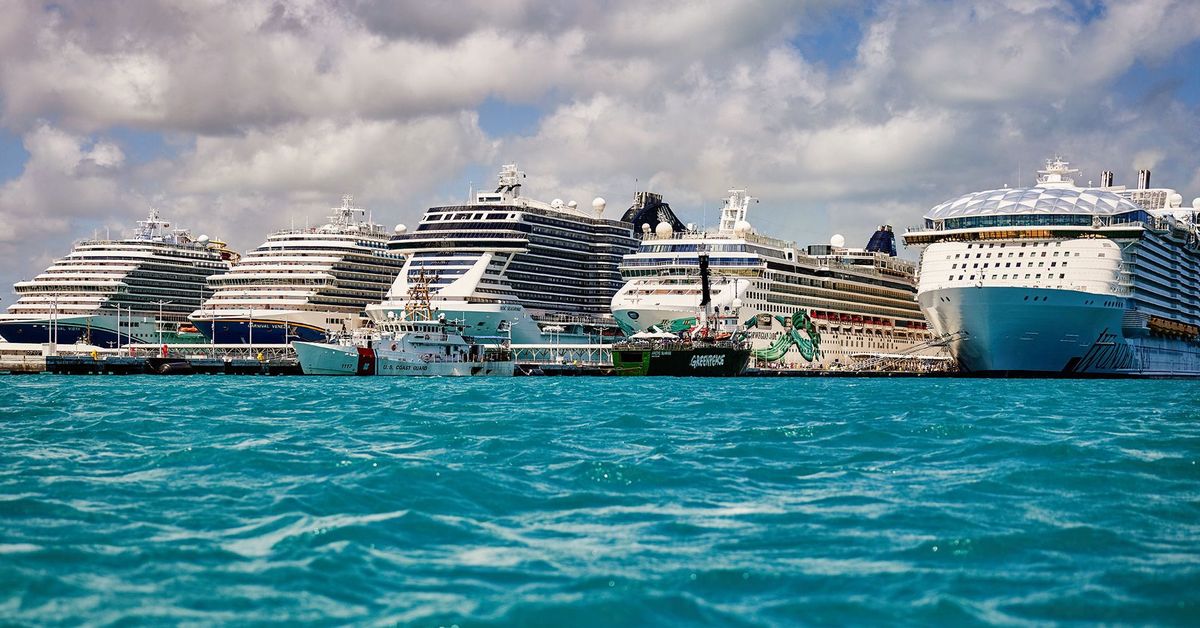Cruise ships have worst year for stomach bugs in over a decade
Cruise Industry Faces Norovirus Challenges

The cruise industry is experiencing significant growth, with projections indicating that 37.1 million passengers will embark on voyages in 2025. This surge is driven by the introduction of larger and more extravagant cruise ships. However, alongside this expansion, there are rising concerns about health outbreaks at sea, particularly those linked to norovirus. The Centers for Disease Control and Prevention (CDC) has reported a notable increase in gastrointestinal illnesses on cruise ships, raising alarms among passengers and industry experts alike.
The Rise of Norovirus Outbreaks at Sea
Recent data from the CDC reveals that norovirus is the leading cause of gastrointestinal outbreaks on cruise ships. In December 2024 alone, five cruise ships reported cases of this highly contagious virus, affecting hundreds of passengers. Notable cruise lines, including Cunard Line, Holland America, and Princess Cruises, were among those impacted. The CDC defines an outbreak as occurring when three percent or more of a ship’s passengers and crew exhibit gastrointestinal symptoms.
Cruise ships report worst year for stomach sickness in over a decade
Norovirus is notorious for spreading rapidly in environments where people are in close quarters, such as cruise ships. Infectious disease expert Dr. William Schaffner emphasizes that the virus can infect individuals with a very small number of viral particles. It can linger on surfaces for days, making it easy for passengers to contract the virus through contaminated surfaces. The CDC notes that outbreaks are reported more swiftly on cruise ships than on land, thanks to strict reporting protocols. While the cruise industry has implemented measures to control outbreaks, the highly infectious nature of norovirus poses ongoing challenges.
Health Protocols and Passenger Safety Measures
The CDC has reported a total of 16 gastrointestinal outbreaks on cruise ships in 2024, the highest number in over a decade. This uptick in cases has raised questions about whether it indicates a new trend in cruise ship health issues. The CDC spokesperson stated that while the numbers are concerning, it is too early to determine if this represents a long-term pattern.
In response to the outbreaks, cruise lines are taking proactive measures to ensure passenger safety. They are encouraging passengers to report any symptoms promptly and to follow medical staff recommendations. Passengers are also advised to practice good hygiene, including frequent handwashing, especially after using the restroom and before meals. Cruise lines are increasing cleaning and disinfection efforts on affected vessels and quarantining those who show symptoms.
Despite these measures, experts like Dr. Schaffner caution that norovirus may still spread despite the precautions in place. He advises prospective cruise passengers to stay home if they feel unwell and to pay close attention to hygiene instructions provided on board. He emphasizes that soap and water are more effective than hand sanitizers against norovirus, highlighting the importance of thorough handwashing.
As the cruise industry continues to grow, addressing health concerns like norovirus will be crucial in maintaining passenger confidence and ensuring safe voyages.
